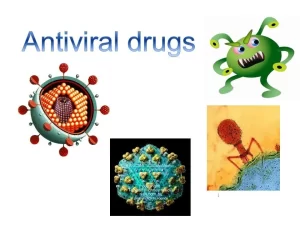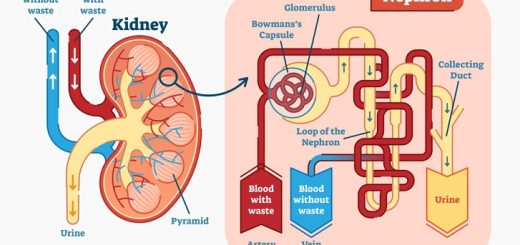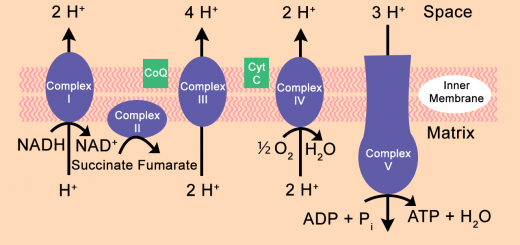Antiviral drugs types, How Antiviral Drugs Work, Antiherpetic drugs use, side effects & spectrum
Antiviral drugs help the body fight off harmful viruses, The drugs can ease symptoms and shorten the length of a viral infection, Antivirals reduce the risk of getting or spreading viruses that cause herpes and HIV. Antiviral drugs are used to treat viral infections, Most antivirals target specific viruses, while a broad-spectrum antiviral is effective against many viruses.
Antiviral drugs
Antiviral drugs include the following:
- Antiherpetic drugs.
- Anti-influenza drugs (Refer to infection 2 textbooks).
- Antiretroviral drugs (Refer to infection 2 textbooks).
- Anti-hepatitis virus drugs (Refer to infection 2 textbooks).
Antiherpetic drugs
1. Acyclovir
Antiviral spectrum: It is active against Herpes simplex virus types 1 and 2, Varicella-zoster virus, and Epstein-Barr Virus.
Mechanism of Action
Acyclovir is a nucleoside analogue, therefore, it requires three phosphorylation steps for its activation.
- It is converted first to monophosphate derivative by the virus-specified thymidine kinase and then to the di- and triphosphate compounds by the host’s cellular enzyme Because it requires the virus-specified thymidine kinase for the initial phosphorylation, it is selectively activated, and triphosphate accumulates only in infected cells.
- Acyclovir triphosphate inhibits viral DNA synthesis by two mechanisms:
- Competitive inhibition of the viral DNA polymerases. Acyclovir has an affinity for viral DNA polymerases about 300 times more than host cell DNA polymerases and this also accounts for its selective toxicity.
- Incorporation into the viral DNA causes premature chain termination.
Therapeutic Uses
Acyclovir can be used orally intravenously and topically.
1- Topical acyclovir is used in the treatment of:
- Herpetic kerato-conjunctivitis.
- Very localized genital herpes simplex.
2- Oral acyclovir.
a- Prophylactically against:
- Reactivation of a latent virus in patients, who receive immunosuppressive drugs.
- Cytomegalovirus (CMV) infection in organ transplantation patients. The drug is not effective in the treatment of established CMV infections being resistant to it.
b- Therapeutically in treatment of:
- Primary or recurrent genital Herpes simplex.
- Herpetic gingivo-stomatitis.
- Chicken pox in immune-compromised patients.
- Varicella zoster in immune-competent patients. If treatment begins early within 24 hours of rash, good results are obtained. Later treatment is ineffective.
3. Intravenous acyclovir is used in the treatment of:
- Viscerally disseminating Herpes simplex, e.g., herpetic encephalitis.
- Varicella zoster in severely immune-compromised patients.
Adverse Reactions
- Renal insufficiency and reversible crystalline nephropathy that especially occurs by rapid infusion and can be avoided by good rehydration.
- Neurotoxicity, eg, altered sensorium, tremor, and seizures.
2. Valacyclovir
It is the valyl ester of acyclovir that is converted after oral absorption to acyclovir. However, it has better oral bioavailability than acyclovir.
3. Gancyclovir
It is active against all Herpes viruses including, Cytomegalovirus, It has a low oral bioavailability, thus, it is given intravenously.
Therapeutic Uses
- It is the drug of choice for the treatment of cytomegalovirus infections in immunosuppressed patients (e.g. AIDS).
- Preemptive treatment of cytomegalovirus: This is an attempt to prevent the progression of the asymptomatic infection into overt disease.
- Prophylaxis of cytomegalovirus infection in immune-compromised patients.
4. Foscarnet
Foscarnet is a pyrophosphate analogue that selectively inhibits the replication of viruses in infected cells by direct inhibition of viral DNA polymerase. It does not require intracellular phosphorylation for antiviral activity. Its oral bioavailability is low, and thus must be administered intravenously.
Antiviral spectrum: It inhibits the replication of all Herpes viruses, including cytomegalovirus.
Therapeutic Uses
- Cytomegalovirus infections resistant to gancyclovir.
- Herpes simplex and Varicella Zoster infections resistant to acyclovir.
Adverse Reactions
1. The major adverse effect of foscarnet is reversible renal dysfunction. It may be partially prevented by hyper-hydration during treatment.
Hypocalcemia, hypokalemia, and hypomagnesemia.
You can follow science online on YouTube from this link: Science online
You can download the Science Online application on Google Play from this link: Science online Apps on Google Play
Types of protein synthesis inhibitors antibiotics & Uses of individual aminoglycosides
Antibacterial drugs definition, use & types, Penicillin classification & Importance
Antimicrobial drugs types, use, side effects, resistance & Empiric antimicrobial therapy
Vaccines types, Live vaccines, Inactivated vaccines, Subunit vaccines, Naked DNA & mRNA vaccines




